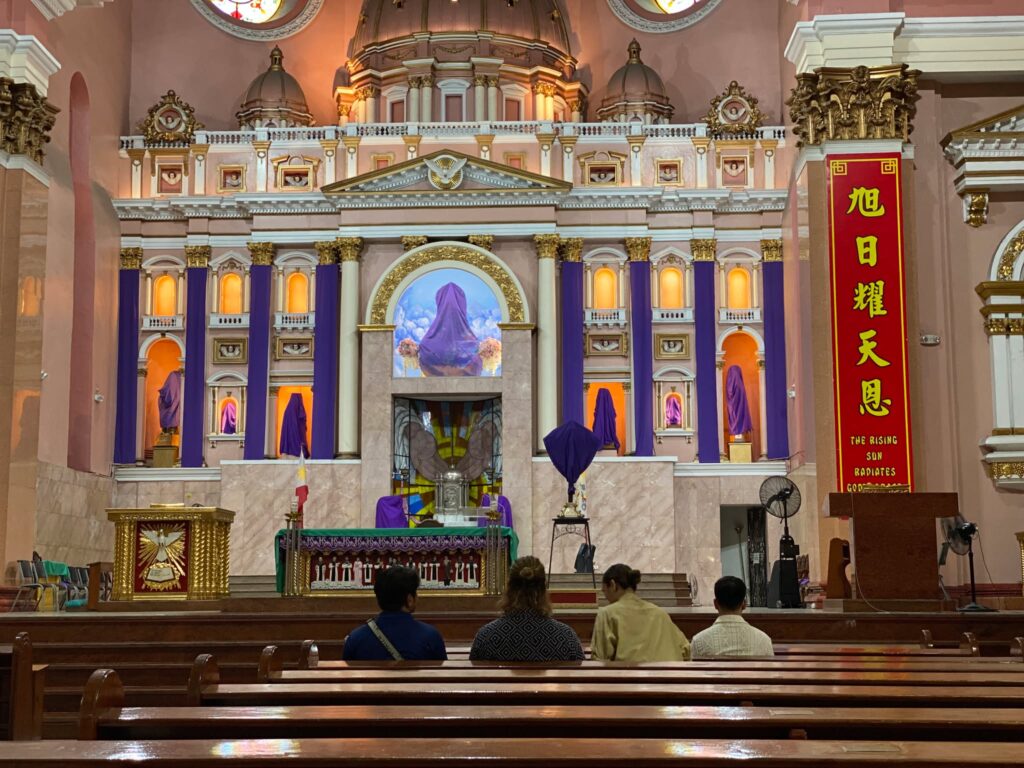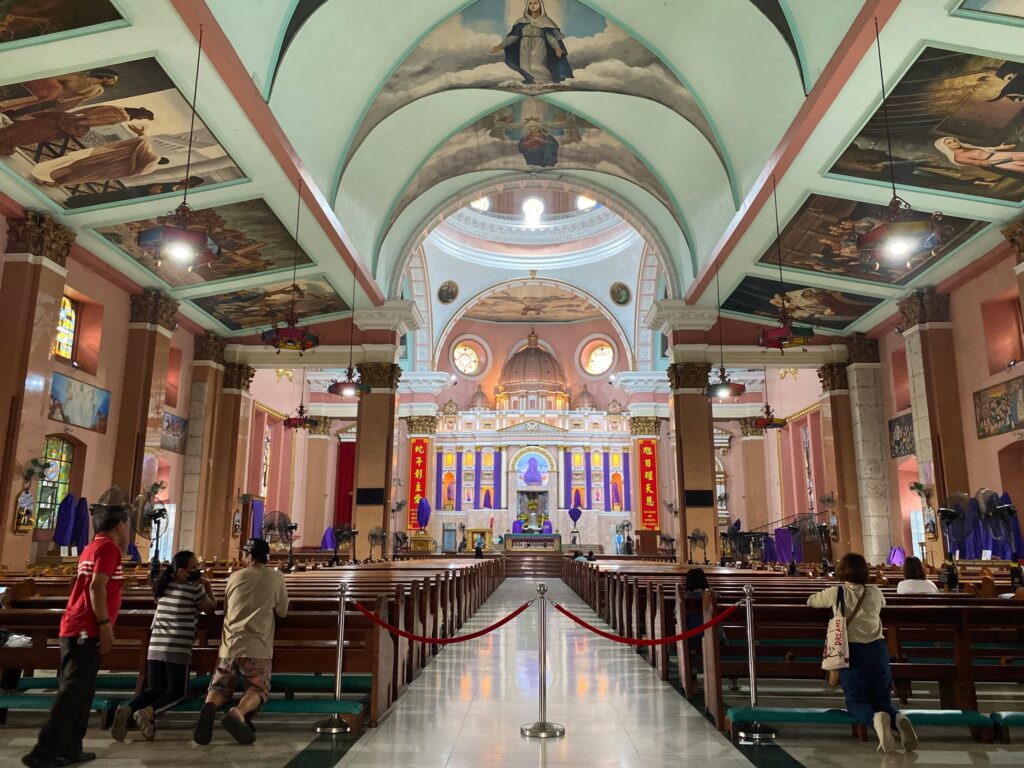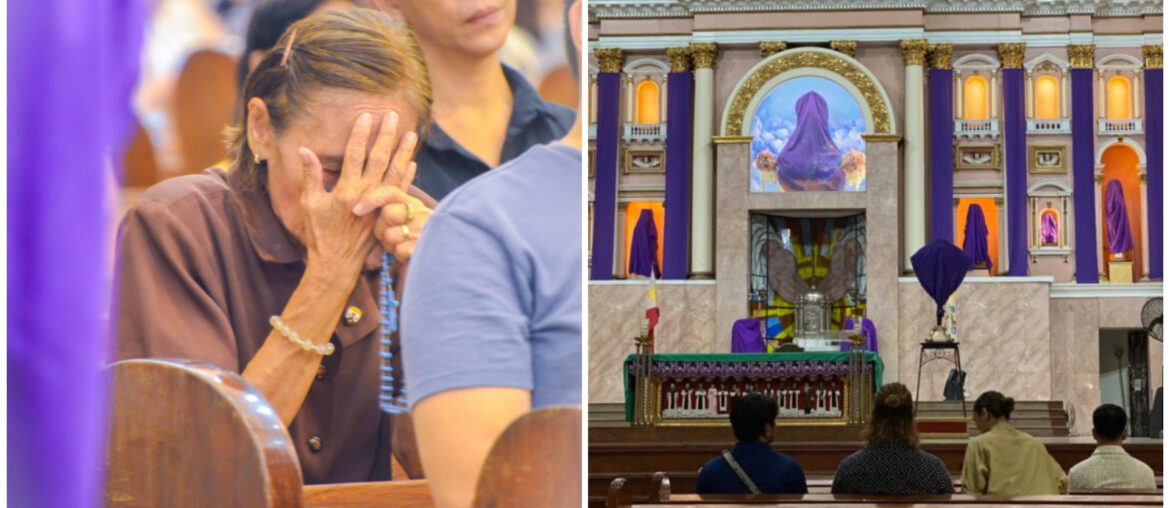“The color that was once a symbol of rarity is now a powerful symbol of Lent.”

Purple’s association with Lent is steeped in rich historical and theological significance. Its symbolism has unfolded over centuries, beginning with its origins as one of the rarest and most coveted dyes in the ancient world.
The Symbolism of the Color

The use of purple during the Lenten season emerged as a visual representation of patience and solemnity. Once a regal mark of opulence, purple was reinterpreted to emphasize the humility and sacrifice of Christ. It became a powerful reminder that true kingship is not measured by luxury, but by perseverance, suffering, and commitment.
Rarity and Royalty

In ancient times, purple fabric was considered exclusive and incredibly rare. Known as Tyrian purple, the dye was reserved for the elite—nobles, high-ranking officials, and kings. It was produced using a secret process involving specific sea snails, with large quantities needed to yield just a small amount of dye. This exclusivity contributed to its high value and eventually influenced its adoption into Christian tradition as a symbol of Christ’s royalty amidst suffering.
Majesty and Mockery
Some theological interpretations suggest that during Christ’s Passion, purple—once a symbol of imperial authority—was used to mock Him. The Romans dressed Him in a purple robe, ridiculing His claim to kingship. This contrast invites reflection on the transformative power of suffering and the ultimate triumph of humility and love over scorn and pride.
Liturgical Preparation and Sensory Focus

Veiling sacred images during Lent also serves a liturgical purpose: minimizing sensory distractions in church. By concealing visual elements, the focus shifts from decoration to the deeper spiritual message of Christ’s suffering and resurrection. The temporary absence of these visuals heightens the emotional and spiritual impact of their return at Easter.
This practice encourages believers to cultivate a more personal, inner relationship with God—one that goes beyond the familiar and visible, and invites deeper reflection and devotion.



Comments are closed.